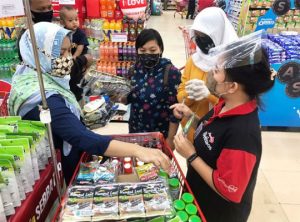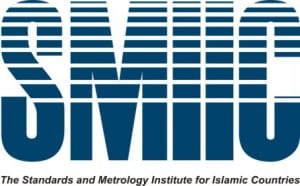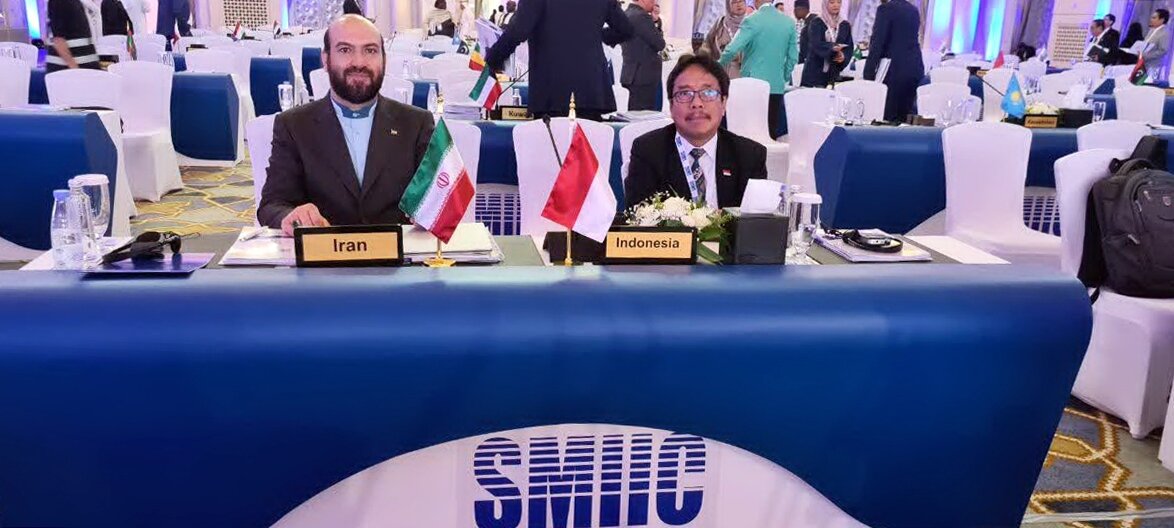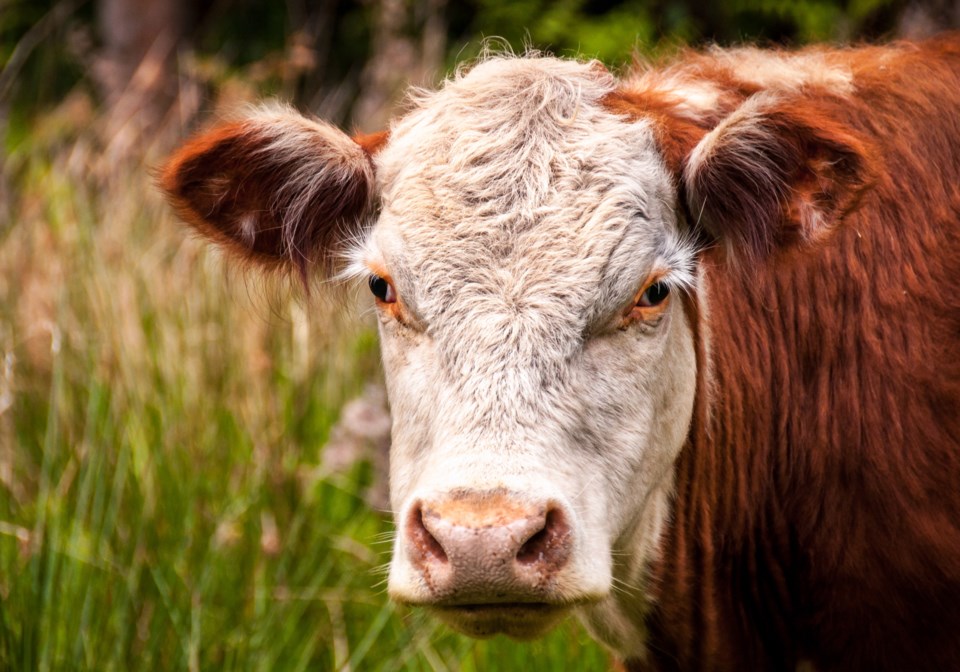It envisions achieving $1 billion sales milestone in Indonesia over the next decade through continued expansion and reaches to other areas in Southeast Asia and the Middle East, CEO Lim Jung-bae said.
On Tuesday, Daesang announced a long-term plan to increase sales in the Indonesian market to 1.4 trillion won by 2030 to make its name in the top 10 list in the Indonesian food industry. Daesang raised sales of 369.7 billion won in the Southeast Asian country last year, up 7 percent on year. It hopes its ascent in the Southeast Asian country can accelerate its foray into other halal market in Southeast Asia and the Middle East.
Daesang entered Indonesia’s halal food market earlier than any other Korean companies by establishing local subsidiary PT. Miwon Indonesia in 1973. Since then, the company has steadily expanded its presence in Indonesia’s bio, food, and starch sugars industries.
“Indonesia’s perfect geographical conditions with vast sugarcane plantations, which produce the main ingredient of MSG, gave us a firm footing to ramp up our operations in Asia,” said an official from Daesang.
The company aims to build upon the stable business base in Indonesia, the largest halal food market, to make inroads into neighboring Singapore, Malaysia and Brunei, and further into Central Asia and the Middle East.
Daesang has 47 years of business know-how and boasts strong brand power in Indonesia. Its food plant in Karawang produces 20,000 tons of food annually including halal-certified products.
Its local brand Mamasuka launched in 2010 claims the largest market share with its mainstay products gim (dried seaweed) and bread crumbs, and its flavor enhancers and dressing command second and third, respectively. It stood at 26th among Indonesian food companies in 2019 and raised sales of 132.6 billion won last year, up 12 percent on year.
Its sales of starch sugar products totaled 103.7 billion won last year, more than doubled from three years ago when Daesang first started producing starch sugars. It dominates the cornstarch and high fructose syrup markets.
By Kim Hyo-hye and Lee Soo-min




